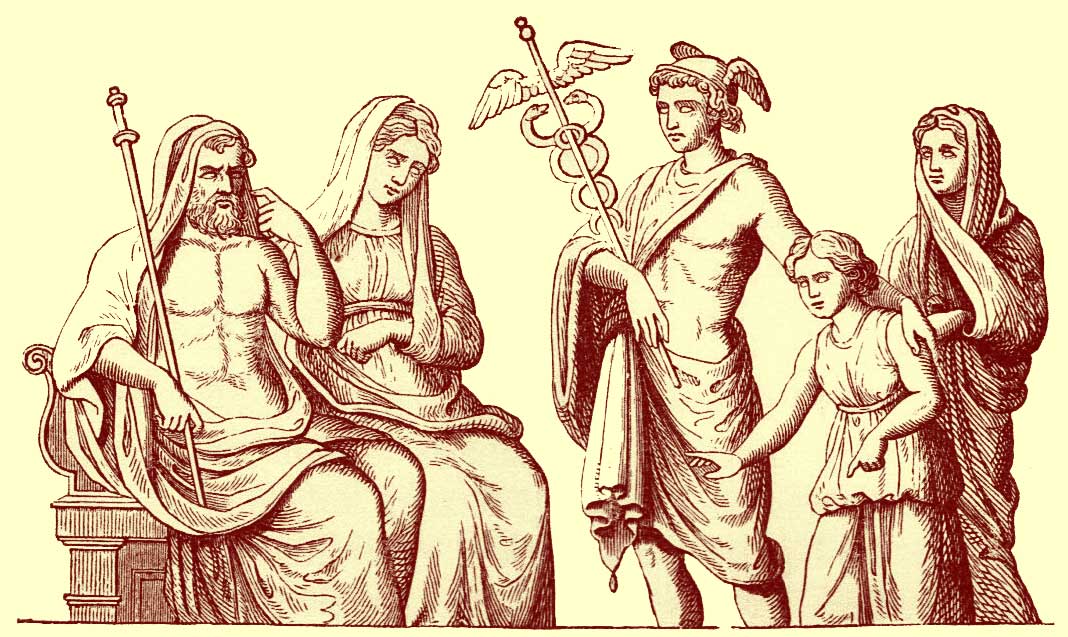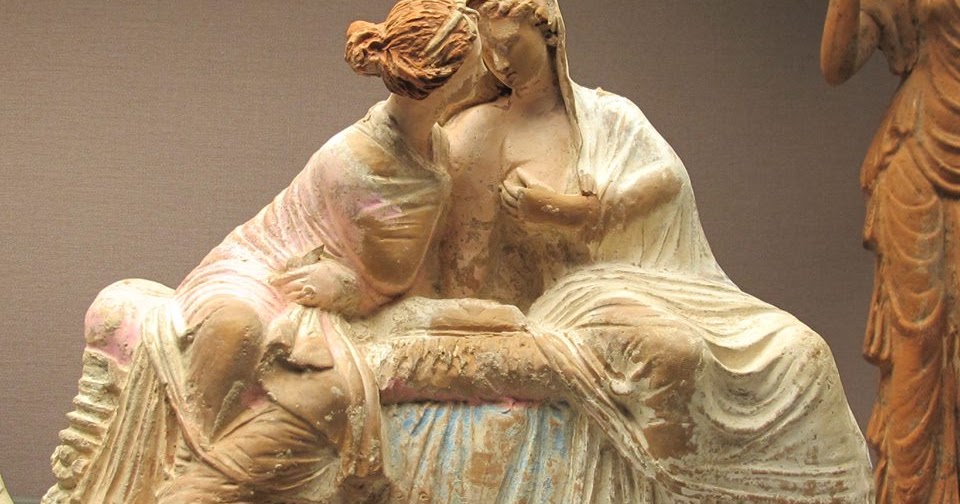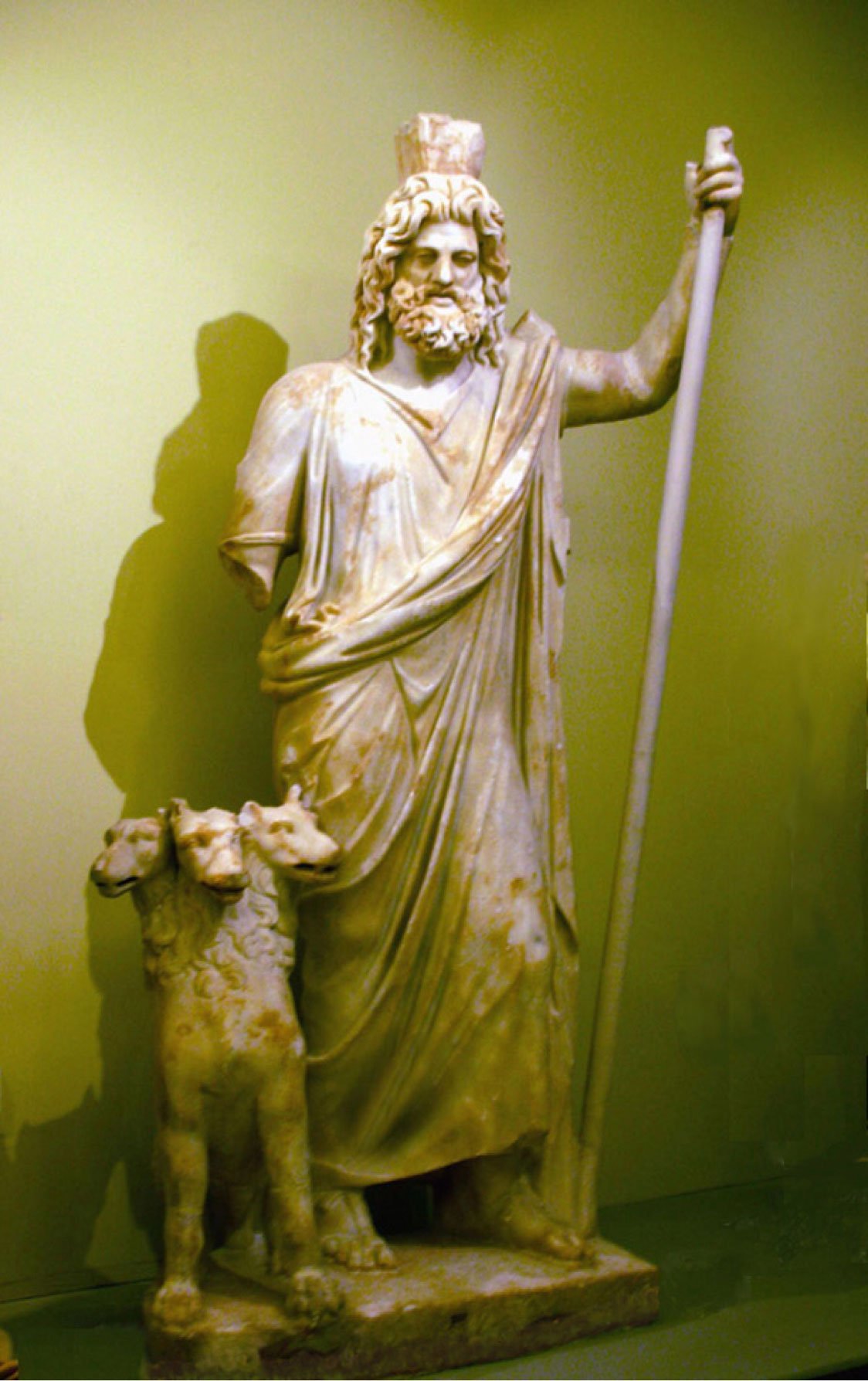
His son Arion, a sapient horse, was conceived after he chased Demeter, who tried to hide herself as a mare. Poseidon was heavily associated with horses.

The two competed over which would rule over the city of what is now known as Athens, but the mortals chose Athena in the end, to which Poseidon responded with a terrible flood. One of his greatest rivals was Zeus’s daughter and his niece, Athena. Poseidon drew the oceans after the Titanomachy, and as well as ruling over those, he was god of horses, earthquakes, and storms.

With their philandering ways and audacious pride – not to mention their abundance of children – the god of the sea and the god of the sky were as alike as only brothers can be. Poseidon is often portrayed as the closest to Zeus, and the two brothers are very similar. In Orphic myth, a version of Dionysus is a son of Demeter and Zeus. By Karmanor, she had Chrysothemis and Eubuleus. By the human man Iasion, she bore Plutus, Corybas, and Philomelus. Especially in Attica, all married women were expected to keep the festival, though unmarried women and non-citizens were not included.ĭemeter’s children by Poseidon were the horse Arion and the goddess Despoina. The woman-only festival of Thesmophoria was celebrated all over Greece and kept secret from men, who were not even allowed to speak of it. This goddess was revered by many, and there were many female-only cults that dedicated themselves to her and her worship. Demeter caused winter to express her grief the six months of the year that Persephone was in the Underworld with Hades and spring and summer for the joy of Persephone returning to Olympus. She had children with two of her three brothers, Zeus and Poseidon, and her daughter Persephone married her other brother, Hades. The second-born daughter of Rhea and Kronos was the goddess of the harvest and the seasons, as well as the guardian of sacred law. He was instead usually portrayed as ambivalent toward mortals, and did not involve himself in their affairs as his other siblings did except in very rare circumstances. Though Hades was not usually actually worshipped, neither was he derided by mortals, as he was not a Satanic figure. This was because jewels and great metals were found underground, which is where the land of the dead was located. In this form, he is known as Pluton, from which his Roman name, Pluto, is derived. By all accounts, their marriage was one of the most faithful in Greek myth, with very little infidelity and a culture where King and Queen ruled side by side.Īs well as his duties in the Underworld, Hades was also a god of riches. He abducted her with Zeus’s permission from Olympus and carried her to the Underworld to be his wife. Hades’s wife, Persephone, is usually the son of Zeus and their sister, Demeter. Though he was one of the original gods, he never had a seat on Olympus. He fought alongside his siblings during the Titanomachy and helped win Olympus, but when the three brothers drew lots to see where each would rule after, he selected the Underworld. The god of the dead and the king of the Underworld was the second child and first son of the Titans. She was also worshipped by several military groups as a symbol of the domesticity which awaited them upon their return home. She was considered the greatest goddess amongst the mortals. Hestia was mostly worshipped by the matriarchs of the household and those who valued chastity. There was no hard rule over which of them was the ‘official’ Olympian, and modern interpretations often claim that after Dionysus reached adulthood, she rescinded her throne on Olympus to him. Though she was originally an Olympian, later myths named Dionysus in this role instead. This made her both the oldest and the youngest of the siblings. Hestia was the first to be swallowed by Kronos and the last to be regurgitated. She was celibate and chose to remain virginal, rejecting suits from her brother Poseidon and Zeus’s son, Apollo.

Of all the burnt offerings to the gods, a portion went to her. Her duty was to maintain the fires of Olympus and watch over all sacrifices. The goddess of the hearth and original Olympian was the oldest-born of Kronos and Rhea.


 0 kommentar(er)
0 kommentar(er)
